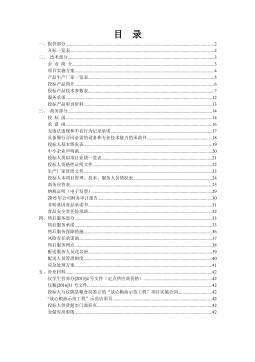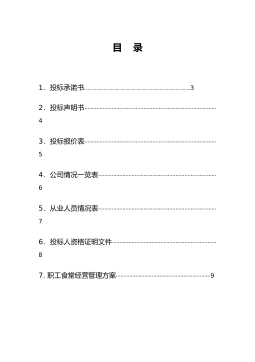上海市流动儿童家庭教育现状、问题及干预对策研究
上海市流动儿童家庭教育现状、问题及干预对策研究摘要《中国流动人口发展报告2012》指出我国城镇人口比重超过50%,流动人口规模达到历史新高,随迁子女的数量已经达到1400万。流动儿童这个特殊群体的规模非但没有缩减,反而越来越庞大。20多年的流光之下,流动儿童在城市接受义务教育的问题已经初步解决。但是当政府、社会把目光集中在流动儿童的学校教育上,这些孩子的家庭教育就成为了一个盲点。而家庭教育是一切教育的基础,家长是孩子的第一位老师也是终身老师,家庭是孩子的第一个课堂也是终身课堂。在家庭中,流动儿童接受的学校教育理念对家长产生影响,而在学校,流动儿童的行为举止也能够反映出家庭教育的效果,流动儿童是...
相关推荐
-
公务员思想政治教育研究VIP免费
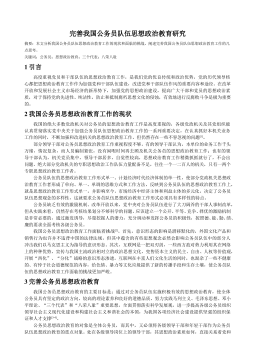
 2024-10-15 59
2024-10-15 59 -
在线社会网络中用户行为的实证分析与机制建模研究VIP免费
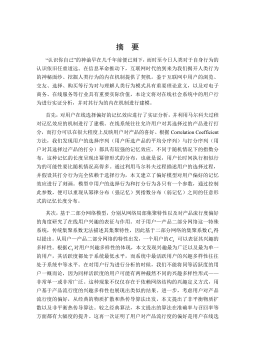
 2025-01-09 12
2025-01-09 12 -
智能优化方法对神经网络的改进及应用研究VIP免费
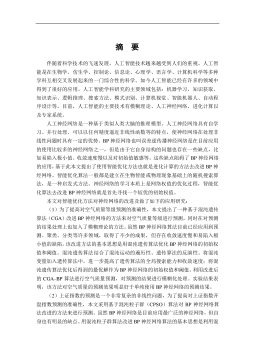
 2025-01-09 16
2025-01-09 16 -
鲜切哈密瓜保鲜技术研究VIP免费
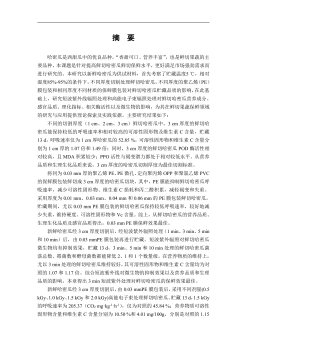
 2025-01-09 29
2025-01-09 29 -
小城镇道路网级配方法及应用研究VIP免费
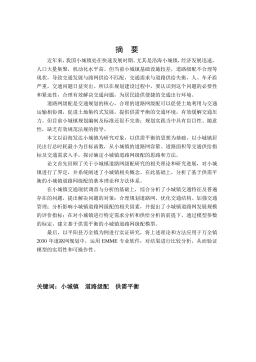
 2025-01-09 14
2025-01-09 14 -
医学信息集成测试系统的研究与实现VIP免费
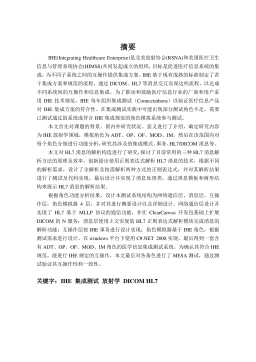
 2025-01-09 18
2025-01-09 18 -
余热驱动氨水吸收式制冷系统的理论及实验研究VIP免费
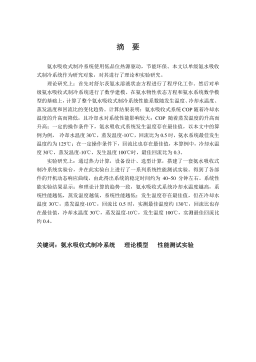
 2025-01-09 11
2025-01-09 11 -
喷雾降温技术适用性及热环境研究VIP免费
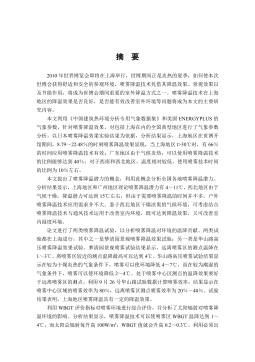
 2025-01-09 13
2025-01-09 13 -
收缩—扩张喷嘴的气泡雾化数值模拟VIP免费
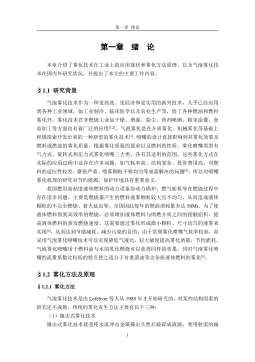
 2025-01-09 24
2025-01-09 24 -
支持供应链的工作流系统结构及其计划与调度的研究与应用VIP免费
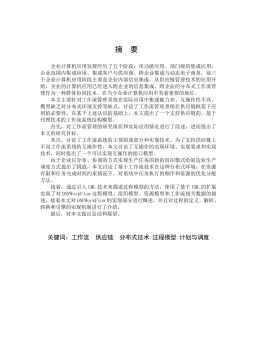
 2025-01-09 43
2025-01-09 43
相关内容
-

医学信息集成测试系统的研究与实现
分类:高等教育资料
时间:2025-01-09
标签:无
格式:PDF
价格:15 积分
-

余热驱动氨水吸收式制冷系统的理论及实验研究
分类:高等教育资料
时间:2025-01-09
标签:无
格式:PDF
价格:15 积分
-

喷雾降温技术适用性及热环境研究
分类:高等教育资料
时间:2025-01-09
标签:无
格式:PDF
价格:15 积分
-

收缩—扩张喷嘴的气泡雾化数值模拟
分类:高等教育资料
时间:2025-01-09
标签:无
格式:PDF
价格:15 积分
-

支持供应链的工作流系统结构及其计划与调度的研究与应用
分类:高等教育资料
时间:2025-01-09
标签:无
格式:PDF
价格:15 积分


